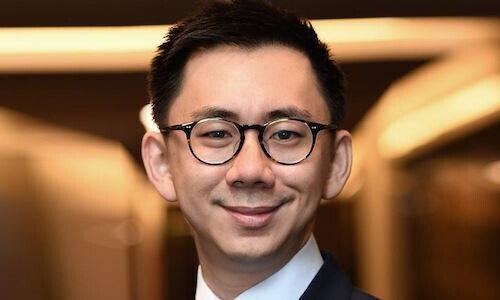Family office resistance against formalizing investment procedures and policies remains strong in Asia, where traditional wealth owners still prefer to trust instinct over process, Credit Suisse’s Thomas Ang told finews.asia.
Wealthy Asians are renowned for hands-on, self-directed investing after many years of success in an environment of low interest rates, high economic growth and geopolitical stability. But even as trends reverse unfavorably and predictability is decreasing, the willingness to transition from individual to committee-based decision-making remains limited.
«Theoretically, rising uncertainty should accelerate institutionalization at family offices because it is more important to understand risk better and you need systems and processes to look under the hood for your underlying investments,» said Credit Suisse's global head of family office services Thomas Ang in a conversation with finews.asia.
«There is an attempt to formalize investment processes and policies. There is interest but pushback by family members against actual implementation is still strong.»
Limited Institutionalization
With most Asian wealth still in its first, second or, at most, third generation, control by older family members remain prevalent and this is a major hurdle to institutionalization.
According to Credit Suisse’s 2022 Single Family Office Survey Report, only 17 percent of family offices in Asia have formed an investment committee, compared to 50 percent in Europe, with 61 percent of respondents admitting that decisions were made by selected family members.
«Even within the 17 percent of family offices that form a committee, most are likely to be on a learning phase,» Ang added.
Next Generation Driver
In contrast, next generation family members are now seeking to make changes by encouraging more formalization of processes. But the inclusion of such younger members in decision-making remains limited due to various issues such as family relationships.
«The driver for institutionalization comes more from the next generation who feel the need to do things differently,» Ang said, noting that this is a good opportunity to transfer power and test the capabilities of the children in the family.
«This is where they might clash with the old guard who tell you that in crisis, you must use your gut.»
Thin Talent Pool
And with this slow but gradual transition towards institutionalization and committee-based decision-making, talent has become the most challenging operational topic for family offices, especially in Asia.
«One reason is the lack of experienced family office talent pool. New joiners to the family office space may experience a cultural clash in expectations,» Ang explained.
Prospective family office hires that are insufficiently prepared may face surprises such as the lack of institutionalized processes, responsibility for tedious, administrative tasks and limited career progression if family members already occupy top positions.



























